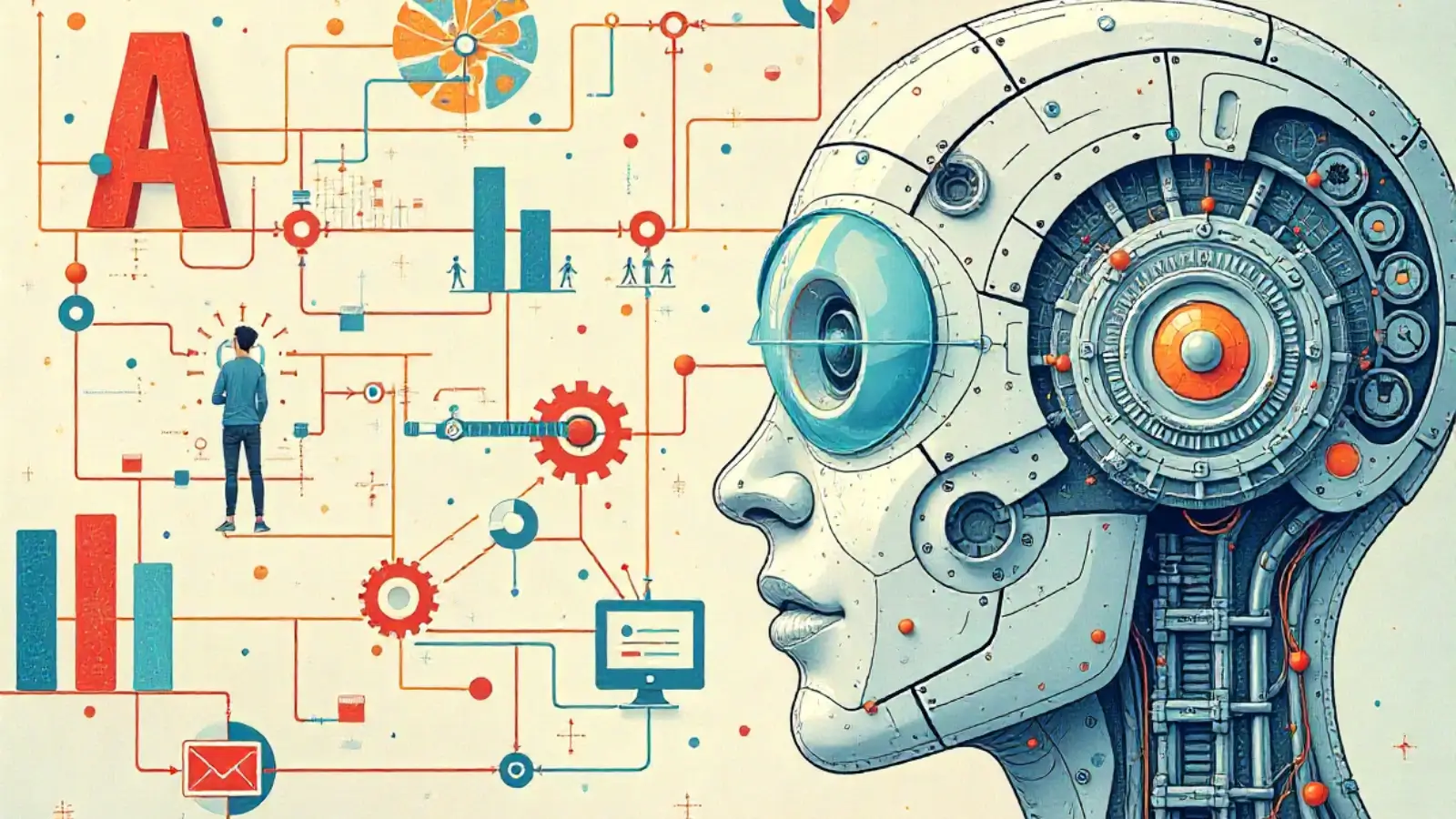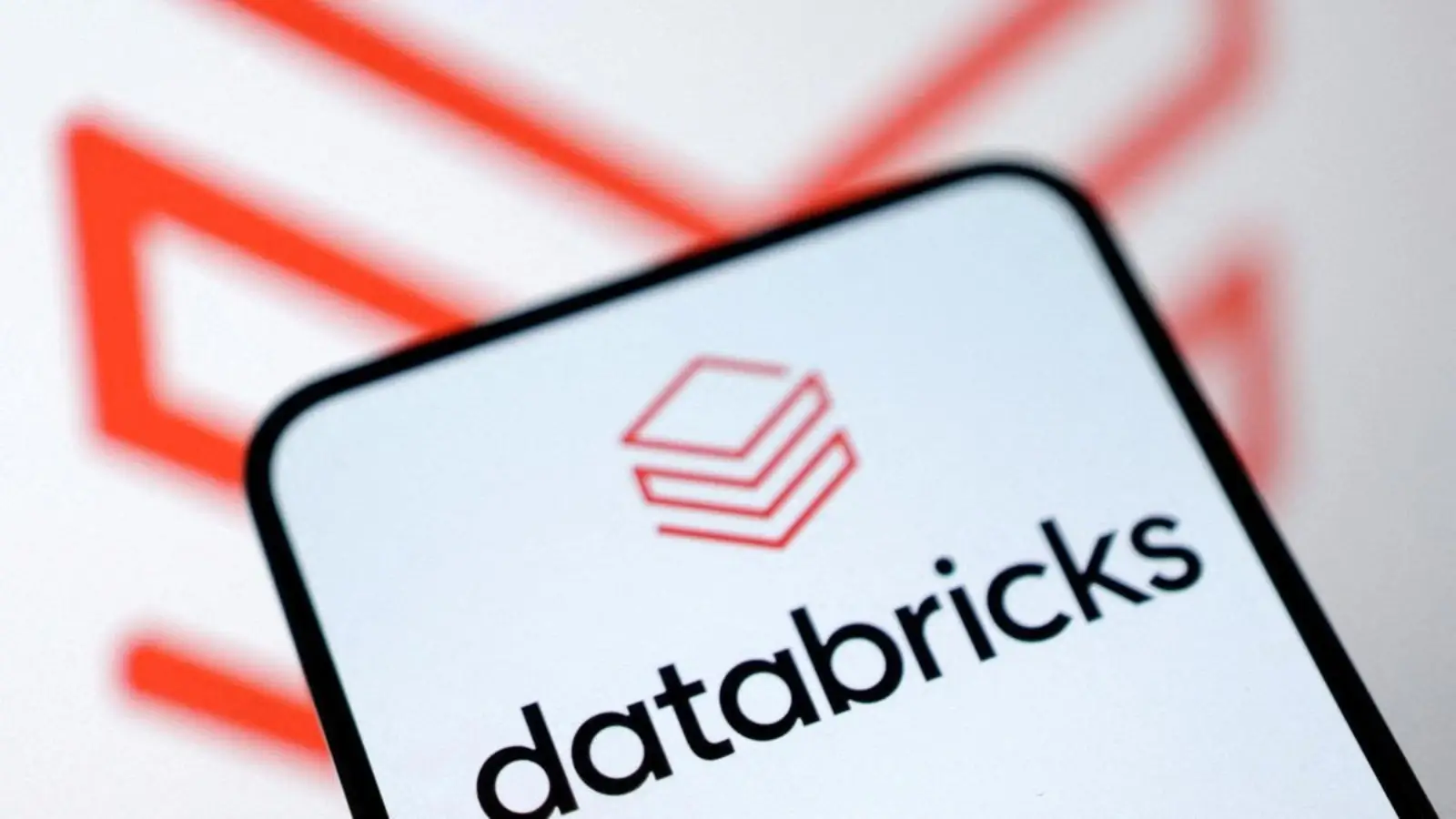These days, artificial intelligence is progressing from simple automation toward becoming fully autonomous. One of the most impressive breakthroughs along the way is Agentic AI, which allows AI systems to make and carry out decisions independently and without human control. It’s not only about following set instructions; they process, organize their activities, and alter their performance accordingly.
The rapid development of AI decision-making is leading companies, academics, and governmental organizations to reconsider AI's place in society. When agentic models improve, they can make a greater impact, improving how choices are made across logistics, finance, healthcare, manufacturing, and similar fields. Here, we look at how Agentic AI is changing AI agents, its role in making agents more independent, and how organizations should respond.
Understanding Agentic AI: The Basics
Agentic AI refers to artificial intelligence systems designed to operate autonomously by perceiving their environment, formulating goals, and taking actions to fulfill those goals. Unlike standard AI, agentic systems don’t strictly follow step-by-step instructions; they use AI algorithms to process the environment, choose actions, and evolve with time.
These systems depend on big language models, reinforcement learning, and advanced planning ideas. Because they have memory capabilities, receive feedback, and are always improving, their actions can meet the needs of complex and varying tasks like automating tasks, signing agreements, or administrating digital actions.
Core Capabilities of AI Agents
To truly grasp the potential of Agentic AI, it's essential to understand the foundational capabilities that make AI agents so powerful in modern business environments. These capabilities enable agents to not only act but also reason, adapt, and collaborate effectively in complex systems.
1. Autonomy
Agentic systems operate independently without requiring real-time human oversight or constant supervision. This autonomy empowers AI agents to work constantly in quick and busy environments and make decisions immediately with the data they receive. At times, logic in supply chain systems allows autonomous agents to shift logistics promptly to meet different needs created by changing inventory or traffic.
2. Goal Orientation
Unlike rule-based automation, AI agents are designed to follow certain goals and can plan which tasks to do based on what is most important over time. First, they look at different approaches and choose what will best meet the key aims, for example, earning more revenue, facing less risk, or making customers more satisfied. Because of this, they are perfect for AI, which helps businesses grow strategically.
3. Adaptability
These systems continuously learn and refine their behaviour thanks to embedded AI algorithms and machine learning models. They adjust their strategies based on performance feedback, new data patterns, or external changes. This makes AI agents robust in dynamic environments, such as financial trading platforms or customer service bots that must evolve with user expectations.
4. Communication
Modern AI agents don’t work in isolation—they’re equipped to communicate fluently with both humans and machines. Through APIs, sensors, and natural language processing (NLP), they share data, receive commands, and provide insights. This interoperability allows seamless coordination across departments, tools, and platforms, making integration far more efficient for enterprises.
5. Decision Making
At the heart of every AI agent is an intelligent decision-making engine. These agents operate as core components of AI in decision making systems, capable of processing vast datasets, identifying patterns, and executing informed actions. They don’t just automate—they simulate human-like strategic thinking, enabling organizations to respond faster and smarter to real-world scenarios.
Real-World Applications of Agentic AI

As Agentic AI grows, it is becoming more noticeable in many areas of business. With AI agents, companies are able to perform routine jobs and make helpful strategic decisions at a greater scale. You’ll read about some essential examples of ML below from real companies.
Enterprise Automation
AI agents can autonomously manage routine business processes like invoice processing, customer support, and internal audits, boosting productivity and reducing errors. These agents can also coordinate between departments, ensuring end-to-end process automation and consistency in enterprise workflows.
Supply Chain Optimization
In logistics, AI agents assess routes, inventory levels, and delivery timelines to optimize operations and react in real time to disruptions. They can also predict demand fluctuations and automatically adjust procurement or warehousing decisions to minimize losses.
Financial Decision-Making
From algorithmic trading to fraud detection, Agentic AI transforms how financial institutions approach risk, compliance, and asset management. AI agents enable faster, data-driven investment strategies by continuously analyzing market trends and transaction behaviors.
Healthcare Diagnostics
AI agents assist in triaging patient cases, recommending treatments, and automating administrative tasks, helping healthcare professionals focus on patient care. Additionally, they support predictive analytics for early disease detection and personalized medicine, improving outcomes and reducing costs.
Benefits of Agentic AI in Autonomous Decision-Making
As organizations move toward autonomy, the benefits of Agentic AI become more pronounced, especially in environments that demand speed, precision, and scalability:
-
Efficiency Gains: Tasks that once required hours of manual input can now be handled in seconds, thanks to AI agents capable of processing and acting on large volumes of data without human intervention. This leads to faster workflows and shorter decision cycles across departments.
-
Consistency: Unlike humans, AI agents do not suffer from fatigue, distraction, or inconsistency. They operate with predictable precision, ensuring uniform results and protocol adherence regardless of volume or time.
-
Scalability: Enterprises can deploy thousands of agents simultaneously to manage tasks at scale, whether it’s customer service, data entry, or decision modeling. This scalability enables organizations to grow operations without a proportional increase in resources.
-
Data-Driven Accuracy: AI agents base decisions on real-time data, analytics, and pattern recognition. Their ability to synthesize massive data sets allows for high-accuracy outcomes that improve over time through machine-learning feedback loops.
These advantages make Agentic AI a foundational technology for businesses aiming to transition from reactive decision-making to proactive and predictive strategies.
How to Build an AI Agent: Core Components
Building a successful AI agent involves multiple components and skill sets. Here are the core building blocks:
-
Data Layer: High-quality, diverse datasets that fuel the AI decision engine. This layer ensures the agent has the contextual knowledge needed to make informed decisions.
-
Cognitive Engine: The AI algorithm responsible for interpreting data and formulating actions. It encompasses natural language processing, pattern recognition, and predictive modeling capabilities.
-
Execution Layer: Integrations with applications, APIs, or physical devices to act on decisions. This is where the agent interacts with its environment and performs tangible tasks based on computed outcomes.
-
Feedback Mechanism: Continuous learning from outcomes to improve future performance. It allows the agent to evolve over time by analyzing the success or failure of its actions and adjusting accordingly.
This complex structure requires collaboration between domain experts, data scientists, and developers. Most businesses hire an AI agent development company to accelerate this process with ready-to-use frameworks and tested infrastructure.
Challenges in Agentic AI Implementation
Despite its promise, Agentic AI is not without challenges. Some of them are:
- Ethical and Legal Considerations: AI agents operating autonomously raise questions about accountability, fairness, and compliance.
- System Integration: Integrating AI agents into existing infrastructure demands technical compatibility and change management.
- Trust and Transparency: For humans to collaborate effectively with AI, systems must be explainable and their decisions auditable.
- Talent Shortage: There’s a global shortage of experts who know how to build an AI agent with both technical and ethical expertise.
Agentic AI and the Future of AI Agents
The future of AI agents will likely be defined by even deeper autonomy and broader domain knowledge. As systems evolve, expect the emergence of agents that:
-
Negotiate contracts and pricing
-
Manage decentralized supply chains
-
Design marketing campaigns
-
Perform autonomous software development
Organizations that begin integrating Agentic AI today will be better equipped to navigate future disruptions and capitalize on AI-powered transformation.
How Debut Infotech Can Help Build Agentic AI Systems
As a forward-thinking AI agent development company, Debut Infotech specializes in developing customized AI agent frameworks tailored to your business goals. Whether you're looking to automate customer service, optimize operations, or build a fully autonomous decision-making system, our team of AI specialists and engineers can deliver end-to-end solutions.
We provide a full suite of services, including:
-
AI Algorithm Design
-
AI Decision System Integration
-
Custom Agent Training and Testing
-
Enterprise Deployment and Monitoring
Our dedicated software development team ensures that your AI agents are not only technically sound but also compliant with ethical and regulatory standards. As one of the top AI agent companies, Debut Infotech empowers businesses to confidently lead the AI revolution.
Conclusion
Agentic AI is no longer a concept of the future—it's actively redefining what machines can do today. AI agents are set to become central figures in digital transformation by enabling machines to make informed, autonomous decisions. The shift toward autonomy is not about replacing humans but about augmenting human capabilities to unlock new levels of productivity, creativity, and efficiency.
Businesses that embrace this shift early, especially with the guidance of experienced partners like Debut Infotech, stand to gain a significant competitive edge. Whether you're curious about how to build an AI agent or seeking to deploy an AI in a decision-making system, Agentic AI represents the next frontier in intelligent automation.

















